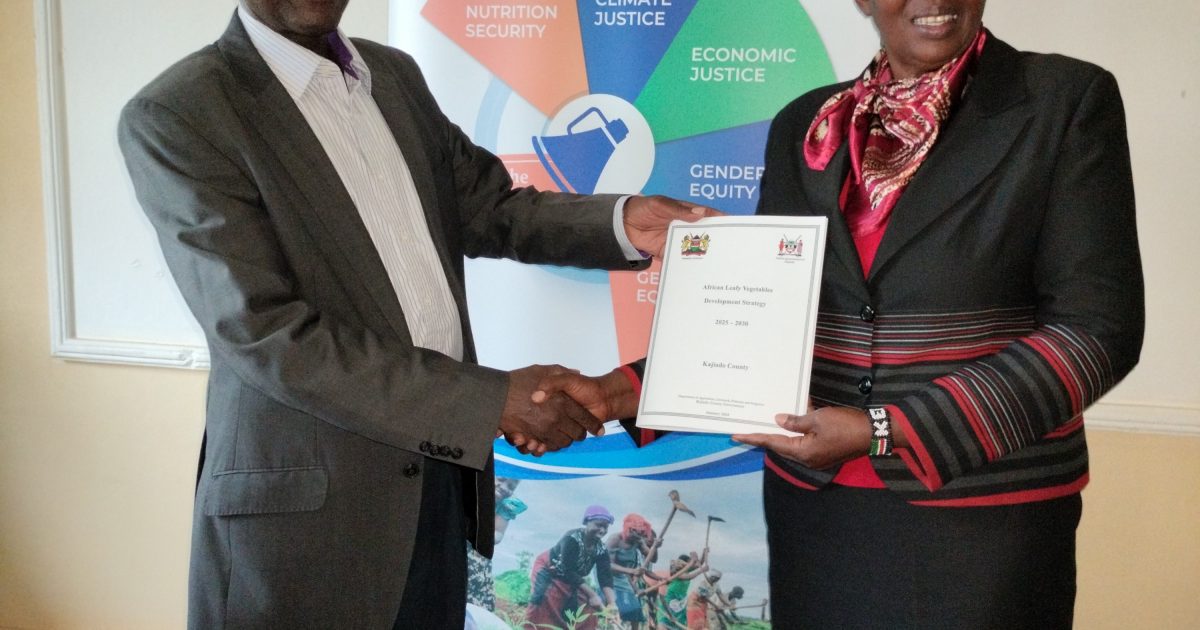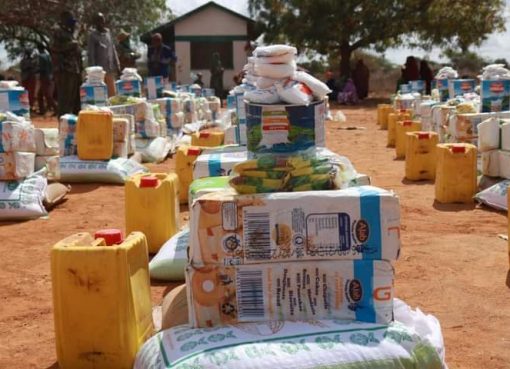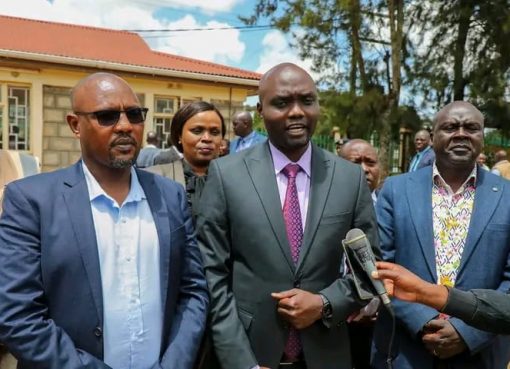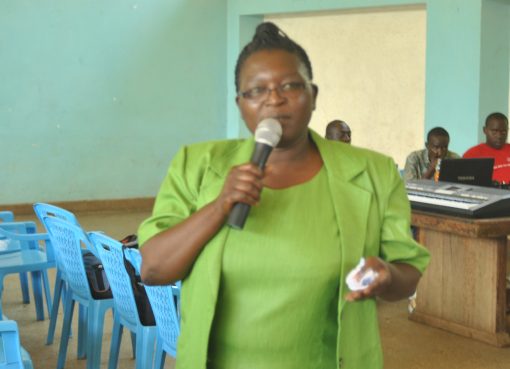Women farmers and pastoralists are slowly embracing indigenous vegetable farming as a sustainable alternative livelihood.
In the arid and semi-arid regions of Kajiado County, a quiet agricultural revolution is taking root, especially with the push for cultivating African Leafy Vegetables (ALVs) not only as a means of diversifying income sources but also as a response to the challenges posed by climate change affecting these regions.
Kajiado County which is traditionally known for its reliance on pastoralism, is now breaking new ground by encouraging the cultivation of indigenous vegetables.
According to experts, indigenous vegetables are important for food security, and malnutrition reduction and are therapeutic in not only semi and arid Counties but also in East and sub-Saharan African countries.
Most indigenous vegetables are more tolerant to climate change variability than exotic vegetables but in most developing countries, indigenous vegetables are underutilized or neglected.
Pauline Kariuki from Rural Women Network says indigenous vegetables, commonly referred to as African Leafy Vegetables, have gained popularity due to their exceptional nutritional value.
Varieties such as African Nightshade (managu), amaranthus (terere), spider plant (saget), and slender leaf (mitoo) are becoming staples in Kenyan diets.
Ms. Kariuki told KNA that the push to mainstream these vegetables in Kajiado County where she is working with rural women is driven by initiatives targeting women’s groups, aiming not only to improve overall nutrition but also to provide alternative livelihoods.
A recent Draft Africa Leafy Vegetables Value Chain 5 year strategy by the Rural Women Network has shed light on the challenges being faced by Counties in fully embracing indigenous vegetable farming
Issues such as the availability of quality seeds, capacity building for farmers, and post-production holding storage were highlighted. Kajiado County, being at the forefront of this initiative, aims to address these challenges through the integration of the strategy into its agricultural policies.
According to Kariuki, once ratified, the strategy, which has been prepared by the Rural Women Network, an umbrella body that caters to the welfare of women and youth in Kajiado County, promises to empower women groups at the grassroots level of ASAL Communities.
The County Executive Committee Member (CECM) for Livestock, Fisheries & Irrigation in Kajiado Jacktone Achola emphasizes the importance of the shift towards growing, embracing, and eating leafy vegetables, particularly in the face of changing climatic conditions in ASAL.
“The need to move away from overreliance on livestock becomes apparent as climate change continues to impact the availability of grazing land and water resources,” he says.
By promoting the cultivation of these crops, Kajiado County is taking a step towards building a more sustainable and climate-resilient agricultural sector, and the women in the area were not only securing alternative livelihoods but also contributing to a more sustainable and climate-resilient future.
In Kiambu County, Ndeiya area which is semi-arid, and is therefore considered a hardship area, women have also been embracing growing indigenous vegetables to mitigate the impact of climate change and also address matters of food security.
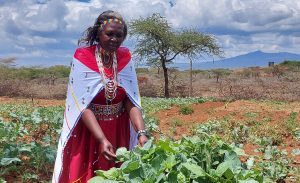
The shift towards diversified agriculture especially for women fosters a sense of empowerment and self-reliance among communities in the ASAL regions.
Kiambu recently was among five Counties named to benefit from a Sh1.5 billion during a five-year project on the production and consumption of vegetables to improve the nutrition of households.
The project dubbed “Vegetable for All” and being steered by the Global Alliance for Improved Nutrition (GAIN) aims to contribute to improving nutritious diets through increased consumption of safe vegetables and also greater use of vegetables in Kenyan cuisine.
Another study was done on factors contributing to the Production and Consumption of African Leafy Vegetables (ALVs) in Kiambu and Kirinyaga Counties in Kenya by the Department of Agricultural Science and Technology, Kenyatta University, Production and utilization of the ALVs among the small-scale farmers more so women found that the venture was promising not only for nutrition and health benefit but also as a source of income.
By Wangari Ndirangu


